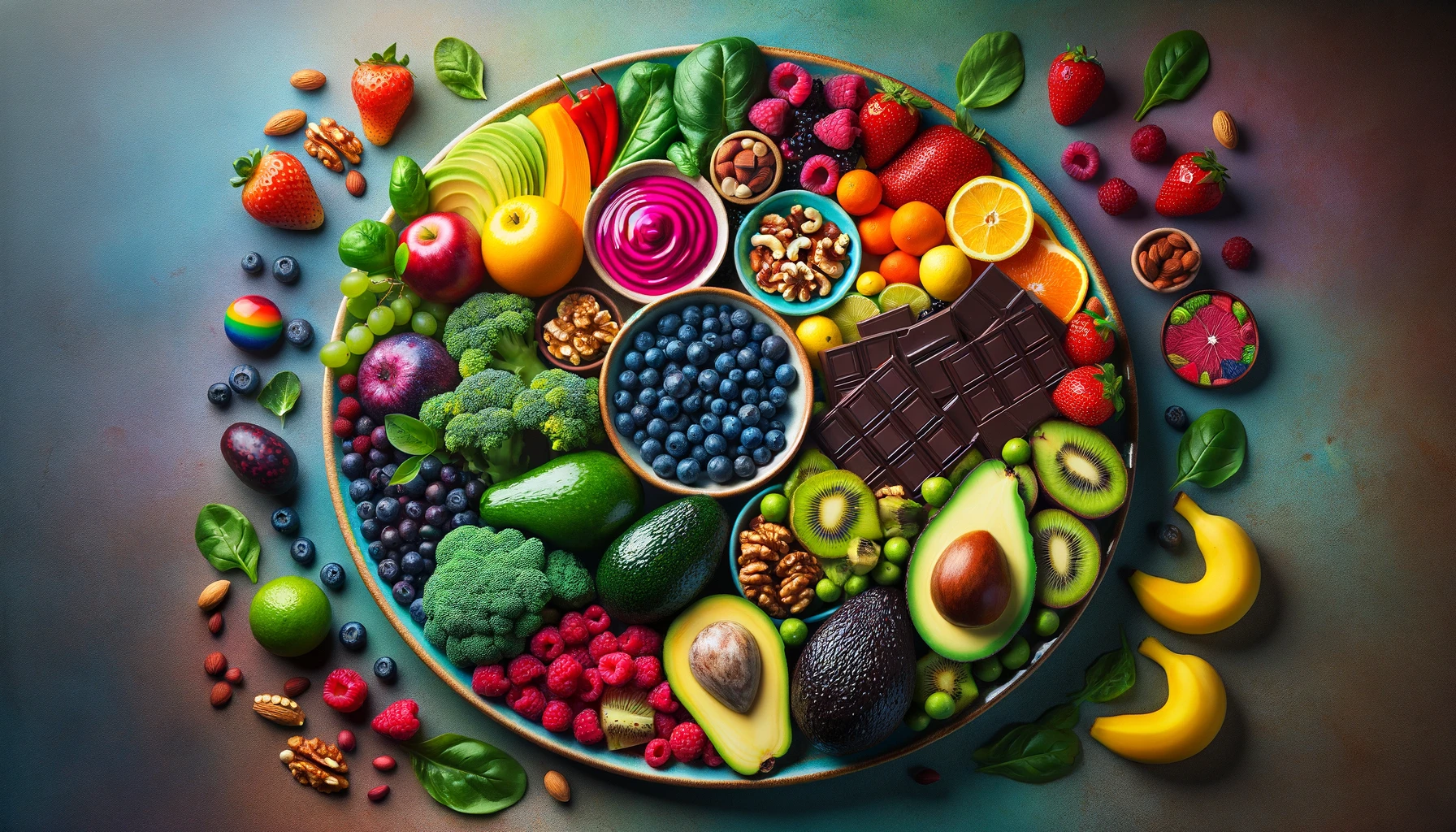The connection between nutrition and mental health is profound and complex. What we eat not only affects our physical health but also plays a significant role in our mental well-being.
Improving Mental Health Through Diet: Eating well-balanced meals can improve mental health by stabilizing mood, increasing energy, and improving brain function. Nutrient-rich foods provide the essential vitamins and minerals necessary for brain health.
Role of Diet in Mental Health: Diet and nutrition directly impact brain health. Nutrients like omega-3 fatty acids, antioxidants, and vitamins are vital for cognitive function and mood regulation.
Diet for Mental Health: A diet that supports mental health includes a variety of fruits, vegetables, lean protein, whole grains, and healthy fats. This kind of diet ensures a steady supply of essential nutrients for brain health.
Food and Mood Connection: What we eat can influence our mood. For example, a high-sugar diet may lead to fluctuations in blood sugar levels, affecting mood and energy.
Importance of Food for Mood: Certain foods can have a direct impact on neurotransmitter production, which influences mood. Foods rich in tryptophan, for instance, can boost serotonin levels, a mood regulator.
Mood and Food: Mood and food are connected through various biochemical pathways. Nutrients from food affect neurotransmitter pathways, blood sugar balance, and brain inflammation, all of which play a role in mood.
Importance of Nutrition: Good nutrition is crucial for overall health, including mental well-being. It supports brain function and can reduce the risk of mental health disorders.
Mood Foods: Foods known as ‘mood foods’ include those high in omega-3 fatty acids, magnesium, folate, and flavonoids. These nutrients are known for their positive effects on mood.
Four Mood-Improving Foods:
- Fatty fish like salmon (rich in omega-3s)
- Dark chocolate (contains flavonoids)
- Fermented foods (probiotics for gut health)
- Bananas (rich in vitamin B6)
Discover how a balanced diet can enhance your mental wellness. Contact New Vitality for a personalized nutrition plan that supports both your physical and mental health.



